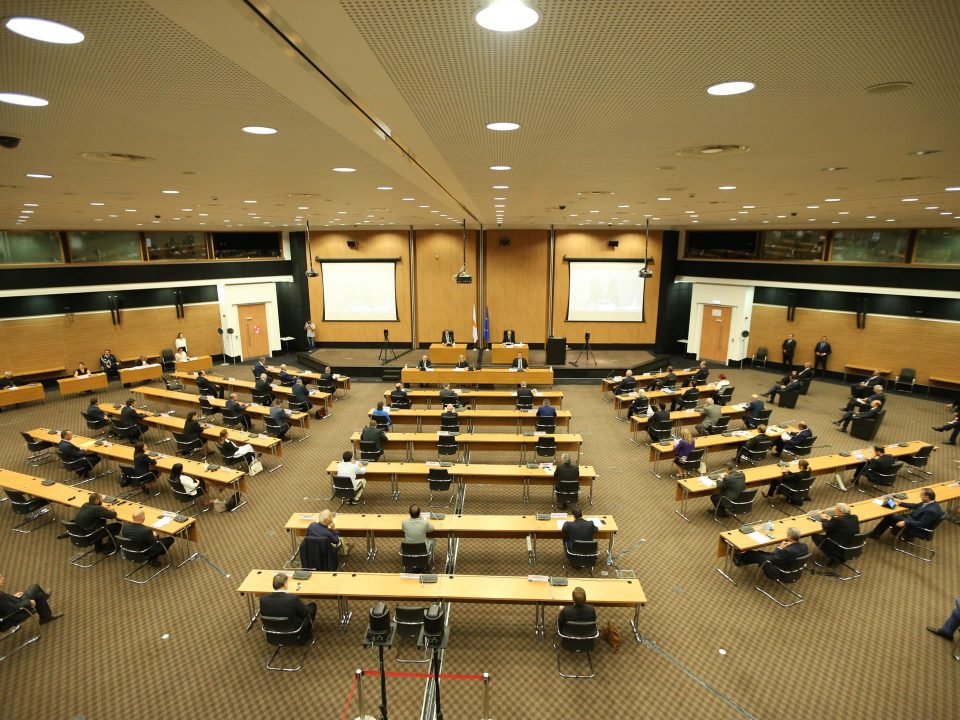After much haggling, the House plenum on Thursday passed a law regulating the employment of advisors or associates to the president, ministers and deputy ministers.
The legislation provides for members of the government to strike up private-law contracts with individuals who act as advisors/associates to them.
Essentially an advisor and a member of government (meaning the president and ministers/deputy ministers) will enter into one-on-one contracts.
The advisors are employed only for the duration of the government’s term – in the case of the president – or for the duration of a minister’s or deputy minister’s stint.
The stated aim is to avoid creating a “a civil servant-like relationship between the employer and the employee” and also to prevent these advisors staying on long enough so that they might then seek to become part-time civil servants on open-ended contracts.
Under the new law, such advisors must be citizens of the Republic of Cyprus, or citizens of another EU member state, and have their habitual and lawful residence in the Republic.
They must be at least 21 years of age and hold a university degree acknowledged by the Republic.
Further, they must have no criminal record. For men, they need to have completed their military service or have obtained a deferment.
These advisors/associates cannot be first-degree relatives, by blood or by kinship, to the government member (the president or the ministers and deputy ministers). In addition, they must not have been previously sacked by the civil service or a public-law entity either in Cyprus or in the European Union due to a disciplinary offence.
Issues about advisors at the presidential palace came up last year when it transpired that a 19-year-old had been given a position at the deputy tourism ministry, and another advisor to the First Lady was found to be an aesthetician by trade, while yet another was found to have a criminal record.







Click here to change your cookie preferences